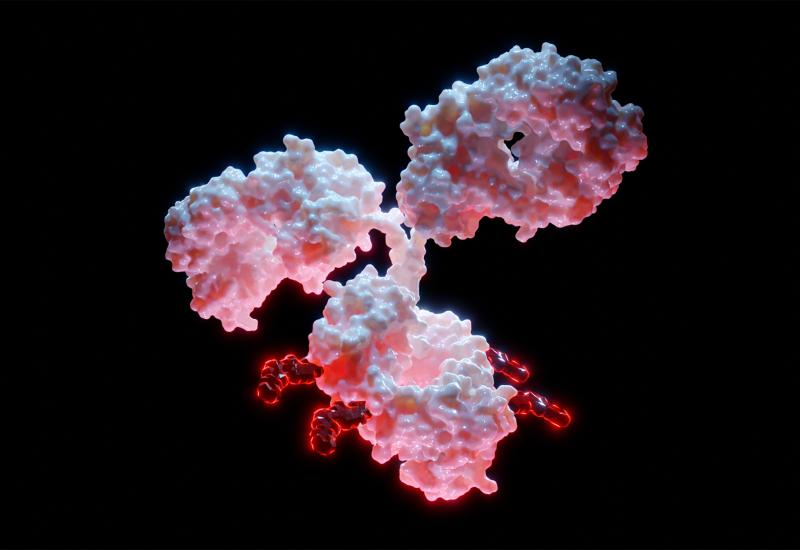
Arvinas rules out a solo vepdegestrant launch
If Pfizer hands back the estrogen receptor degrader, Arvinas will seek a new partner.
If Pfizer hands back the estrogen receptor degrader, Arvinas will seek a new partner.

Since Arvinas reported disappointing results with its estrogen receptor degrader vepdegestrant in second-line breast cancer there have been questions about whether its partner Pfizer might walk away, and Arvinas’s second-quarter earnings call on Wednesday did nothing to dispel these concerns.
The company said it was trying to “rework” the partnership, but didn’t rule out the possibility of Pfizer handing back the asset. If this happened, Arvinas would “immediately” look for another partner to commercialise vepdegestrant; the group was clear that it no longer planned to build its own commercial infrastructure, as it previously had.
Arvinas might have an approvable drug in vepdegestrant, but it’s been clear for some time that the asset won’t be as lucrative as once hoped. Pfizer has already abandoned plans in first-line breast cancer, a decision criticised in June by Arvinas’s chief executive, John Houston, not long before he announced his retirement. At the time, it seemed like the partnership might be about to end.
If investors had hoped for a quick end to the saga, it didn’t come during either Pfizer or Arvinas’s second-quarter results.
In discussions
Arvinas said it was still in talks with Pfizer “about how we redo the collaboration so that either they or we get more of the economics”, Houston said on Wednesday. The original deal, signed in 2021, called for 50/50 co-development and co-commercialisation, which no longer makes sense for either company, according to the outgoing chief exec, given the smaller potential market size.
However, this limbo state appears to have further spooked investors, who’ve already been deserting Arvinas this year. The company’s stock closed down 16% on Wednesday.
One worry could be that, if Pfizer does hand vepdegestrant back, this could delay launch while Arvinas seeks a new partner. The ongoing discussions mean that Arvinas can’t start shopping vepdegestrant elsewhere, although Houston reckons that, should the project become available, other groups would be “extremely interested”. Still, plenty of big companies already have a presence in ER degradation, including Lilly, AstraZeneca and Roche.
Vepdegestrant has been filed in second-line ER-positive, HER2-negative breast cancer, but only in patients with ESR1m, after it failed to show a benefit in all comers – repeating the trend so far with estrogen degraders. Arvinas said it was still awaiting a PDUFA date from the FDA, and that it would disclose this when available.
With Arvinas confirming that it doesn’t plan to spend any more cash on vepdegestrant’s launch or further development, the asset’s future will depend on the appetite of Pfizer – or another player – to take it forward.
2848













